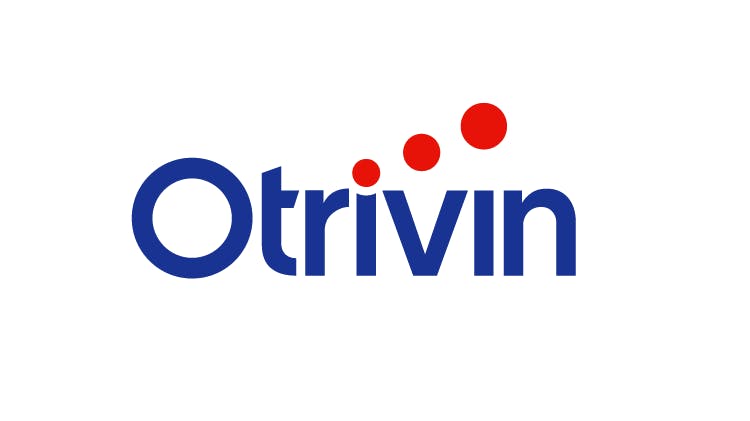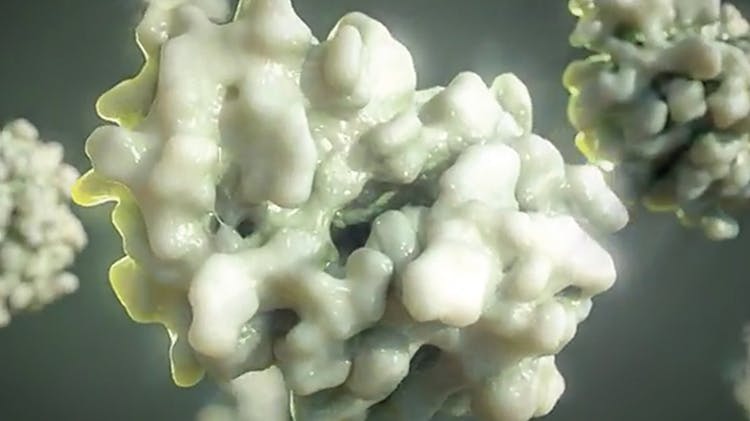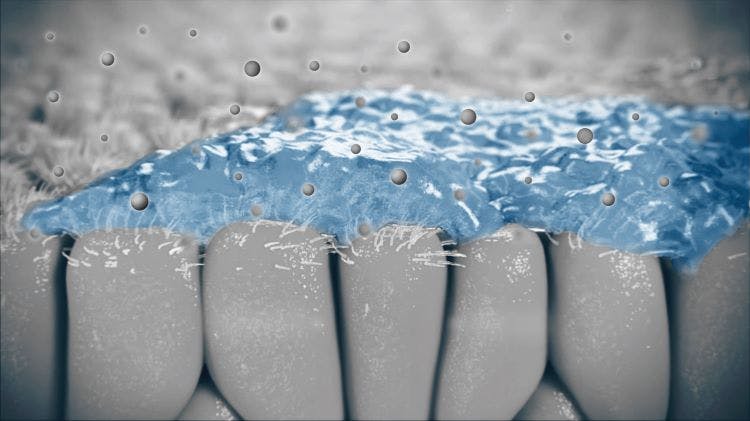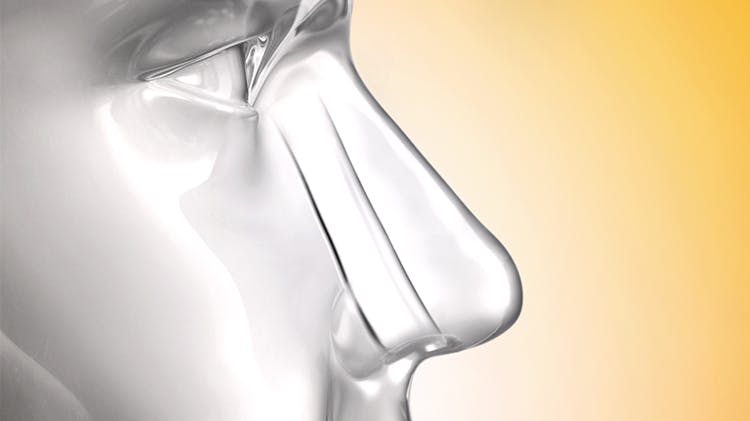Causes and mechanisms of colds

What causes colds?
Colds are usually caused by viral infections. One of the major symptoms of a cold is nasal congestion, which can also be the result of several other causes.1 Here we take a closer look at the causes of colds and their mechanisms.
What are the functions of a healthy nose?
- Warms (just under normal body temperature 31-33oC), moistens (close to 98%), and filters inspired air before it enters the lungs, to ensure that the delicate lung tissue doesn’t become damaged by cold or dry air, or irritated by small particles (e.g. dust)
- Reduces infections caused by viruses
- Detects and destroys foreign substances before they enter the rest of the body (nasal membranes bring air in contact with immunoglobin, a protein that detects foreign substances such as viruses, bacteria, and allergens, triggering an immune response to destroy them before they enter the rest of the body)
- Allows us to smell the air as it flows through the nose, which contributes towards our sense of taste
- Allows the air resonating in the nose to help give our voice its particular sound

Climate change and rhinoviral infections
As well as the methods by which rhinoviral infections are transmitted, looking at the wider picture is also necessary. Climate change is underpinning many environmental factors which could cause us to rethink how we look at colds.
For example, studies have shown links between climate change and the risk of respiratory infections. They also have discovered links between the severity of these infections (which include the common cold) due to climate change.20-22
There’s evidence that, in cold climates, a decrease in temperature and humidity often occurs followed by an increase in rhinovirus infections.21
Temperatures around the world are increasing year-on-year due to global warming. However, despite warmer winters due to global warming, the common cold remains an important risk factor to public health.22
As a pharmacist, knowing when cold and flu season is approaching means you can prepare for a rise in patients looking for cold and flu treatments. You are also well placed as a first point of contact for many to provide advice on treating colds.

The Otrivin range
Find out how to get relief from nasal congestion – learn how the Otrivin range can help your patients.





